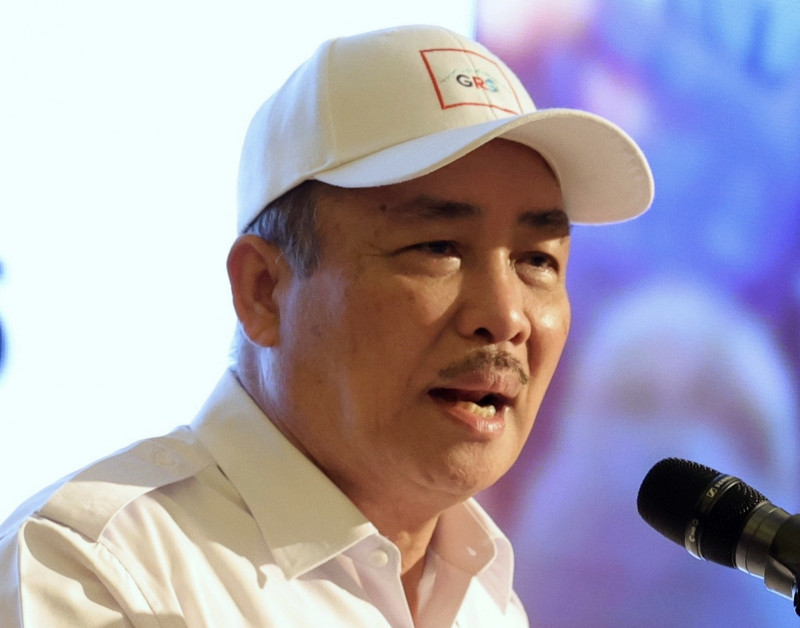This story was originally published on TheVibes.com.
Sabah nears full MSPO certification, but Hajiji urges alignment with RSPO to secure global markets.
21 August, 2025 – SABAH has reached one of the highest levels of national palm oil certification in Malaysia, but Chief Minister Datuk Seri Hajiji Noor wants the state to also align with the international benchmarks to secure its place in the global markets.
Hajiji said more than 30,000 smallholders, covering 191,000 hectares, had obtained the Malaysian Sustainable Palm Oil (MSPO) certification.
This represents 97.62% of smallholder plantations in the state, among the best rates in the country, he said.
“This achievement underscores our collective progress and the importance of continued collaboration between government agencies, industry players, and smallholder communities,” he said at the East Malaysia Palm Oil Forum in Kota Kinabalu on Thursday.
His speech was delivered by Industrial Development and Entrepreneurship Minister Datuk Phoong Jin Zhe.
Hajiji described the certification milestone as proof of the industry’s resilience and its ability to adapt to higher standards.
“In Sabah, we are making progress where about 97 per cent of the planted area and over 92 per cent in Sarawak are now certified under the MSPO.
“However, we must push toward 100 per cent inclusion, particularly for Independent Smallholders.
“We are fully cognisant of the challenges the industry faces. Meeting evolving global standards, ensuring environmental integrity, and responding to market pressures demand proactive and innovative action,” he said.
The Chief Minister said that while MSPO has strengthened Malaysia’s position, international buyers are increasingly looking at stricter requirements.
Sabah has adopted the Jurisdictional Approach for Sustainable Palm Oil (JASPO), introduced in 2015, which sets a target of achieving 100% certified sustainable palm oil production by 2030.
JASPO is the state mechanism to allow players to work together under a single framework to align itself with the MSPO, RSPO, and the EU Deforestation Regulation (EUDR).
The move aims that no stakeholder is left behind, especially smallholders, who account for over 27 per cent of Sabah’s production.
Sabah has 1.48 million hectares under cultivation and produces more than 4.2 million tonnes of crude palm oil annually.
The palm oil industry directly and indirectly sustains the livelihoods of more than 300,000 Malaysians and supports over 85,000 smallholders.
Looking ahead, Hajiji called on the sector to remain united and innovative as Sabah prepares to meet international expectations.
